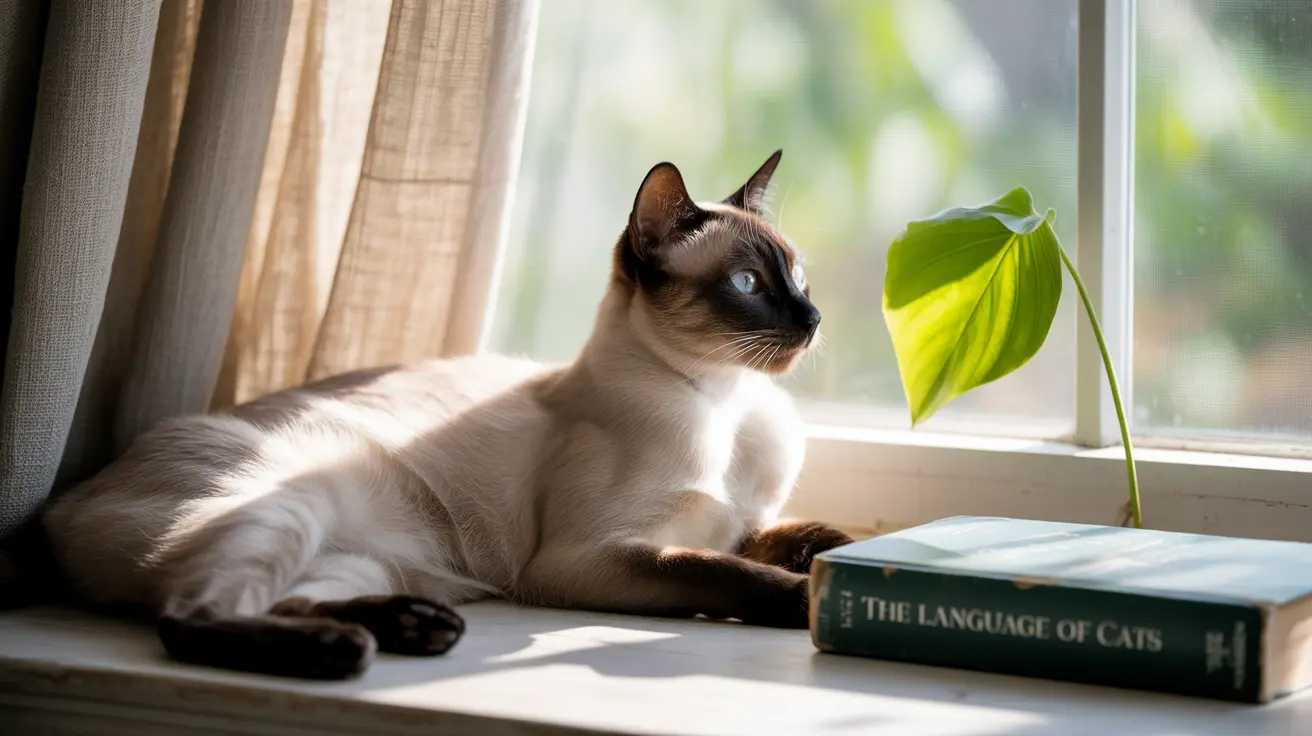When it comes to bringing a furry friend into your home, every cat lover wants a companion that will not only bring joy but also enjoy a long, healthy life. Some cat breeds stand out for their remarkable longevity and robust health, offering pet owners the promise of years of companionship and minimal medical concerns.
In this comprehensive guide, we'll explore the healthiest cat breeds that are known for their impressive lifespans and genetic resilience, helping you make an informed decision about your next feline family member.
Top Healthiest Cat Breeds with Exceptional Longevity
Siamese: The Intelligent Long-Liver
Siamese cats are not just known for their striking blue eyes and vocal personalities, but also for their impressive lifespan. Typically living between 12-20 years, these intelligent and sociable cats are a testament to feline health and vitality. Their genetic makeup contributes to their robust nature, making them one of the healthiest cat breeds you can choose.
Russian Blue: The Genetically Robust Companion
If you're seeking a cat with minimal genetic health issues, the Russian Blue is an exceptional choice. These elegant, silvery-blue cats can live 10-20 years and are renowned for having few hereditary disorders. Their strong genetic profile and typically calm demeanor make them an ideal pet for those seeking a low-maintenance, long-living companion.
Balinese: The Longhaired Health Champion
Often described as the longhaired version of Siamese cats, Balinese felines boast an impressive lifespan of 12-20 years, with some sources suggesting they can live up to 22 years. Their genetic similarity to Siamese cats contributes to their overall health and vitality, making them a fantastic choice for cat enthusiasts seeking a beautiful and resilient pet.
Factors Contributing to Feline Longevity
Nutrition and Care: The Key to a Long Life
While breed plays a significant role in a cat's health and lifespan, proper care is equally crucial. High-quality nutrition, regular veterinary check-ups, dental care, and maintaining an indoor lifestyle can significantly extend your cat's life expectancy. Cats like the Russian Blue particularly benefit from indoor living, which protects them from external health risks.
Genetic Considerations in Cat Breeds
Some breeds, like the Savannah and Bombay cats, are known for their robust health and can live up to 15-20 years. However, it's essential to research breed-specific genetic predispositions. For instance, white Turkish Angora cats with blue eyes may have a higher risk of hereditary deafness, highlighting the importance of understanding your chosen breed's genetic background.
Breeds to Consider with Caution
Munchkin Cats: Limited Lifespan Potential
While adorable, Munchkin cats typically have a shorter lifespan of 12-15 years due to genetic predispositions that can lead to potential health issues. This serves as a reminder that not all cat breeds are created equal when it comes to health and longevity.
Frequently Asked Questions
What are the healthiest cat breeds with the longest lifespans?
Siamese, Russian Blue, Balinese, Ragdoll, and Burmese cats are among the healthiest breeds, typically living 12-20 years with proper care.
How do I care for a long-living cat breed to ensure maximum longevity?
Provide high-quality nutrition, regular veterinary check-ups, dental care, mental stimulation, and maintain an indoor lifestyle to support your cat's health.
Which cat breeds are less prone to genetic health issues?
Russian Blue, Siamese, and Balinese cats are known for having fewer genetic disorders compared to other breeds.
Do indoor cats live longer than outdoor cats, and why?
Yes, indoor cats typically live longer because they're protected from risks like accidents, predators, diseases, and environmental hazards.
What specific dietary needs do long-living cat breeds require to maintain their health?
Long-living cat breeds benefit from high-protein, balanced diets, with age-appropriate nutrition, proper portion control, and supplements recommended by veterinarians.
Choosing a healthy cat breed is just the beginning of a rewarding journey. Remember, while genetics play a crucial role, your love, care, and attention are the most important factors in ensuring a long, happy life for your feline friend.






